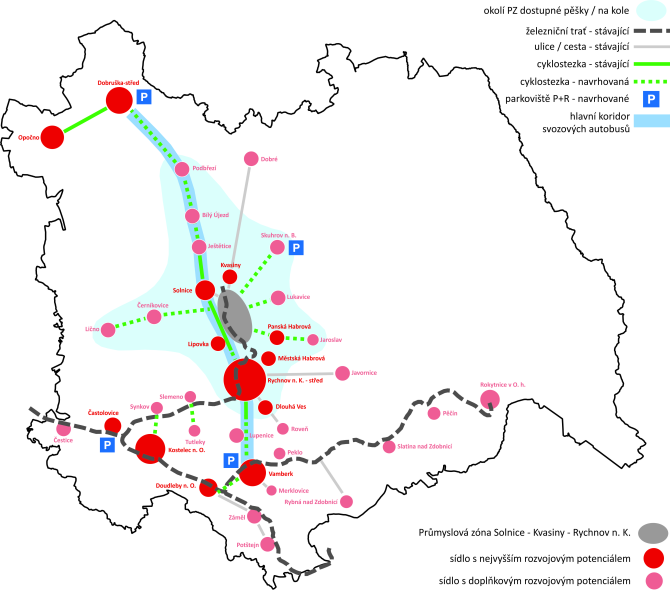Doctoral Studies at the Department
For the academic year 2024/25, two PhD topics in the Smart Cities programme are announced:
1. Economic valuation of public goods using hedonic pricing methods
2. Sustainable Urban Mobility and Accessibility
Supervisor Jakub Vorel, supervisor-specialist Lukáš Makovský, Ondřej Přibyl
and one PhD topic in the programme Urbanism and Spatial Planning
3. Factors of generated transport
Supervisor Veronika Šindlerová
Teaching
The Department of Spatial Planning guarantees to teach in the courses of the Master's degree of the Faculty of Architecture in the Architecture and Urbanism programmes and the dual degree programme Smart Cities. We participate in teaching in the Landscape Architecture and Design degree programmes. We offer selected courses to students of foreign universities in the EuroTeQ program.
We also guarantee teaching in the Spatial Planning Module, which has received the international teaching quality certification Quality Recognition of the Association of European Schools of Planning (AESOP).
Practical teaching is provided in the studio of Veronika Šindlerová, which focuses on urban planning and spatial development planning, and in the studio of Šimon Vojtík, which focuses on the design of quality urban space.
At the PhD level, we work in the study programme Architecture and Urbanism and Smart Cities.
We participate in the education of practitioners: we provide a preparatory course for the examination of special professional competence of public administration employees in the field of spatial planning (ZOZ)
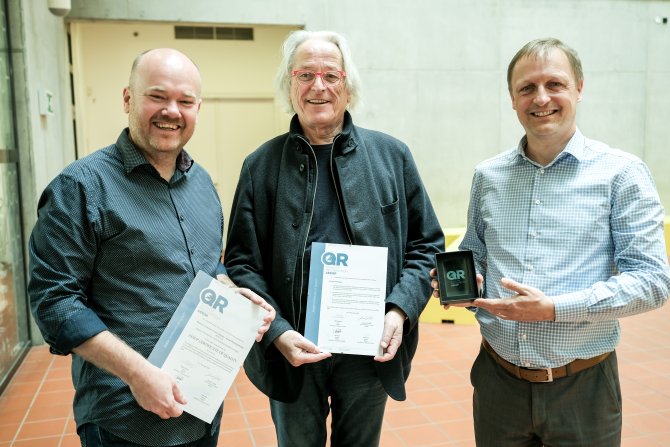
Research
We focus on research in the fields of spatial mobility, spatial development at the local and regional level, the economic context of spatial development, and the spatial impacts of plans and policies.
Research priorities of the Department
- Sustainable territorial development: regeneration of urbanized areas, the city of short distances, accessibility of public infrastructures, economically, ecologically and socially viable land use.
- Urban and landscape ecology: urban landscape, ecosystems, urban metabolism, resilience.
- Innovation of planning and land management tools
- Tools for ex-ante assessment of the impact of plans, programmes and policies on the different components of the territory.
- Use of big data and modelling techniques for the analysis of territorial processes.
- Sustainable mobility and settlement patterns.
Selected books
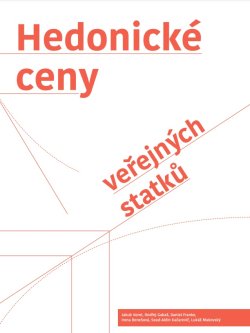 |
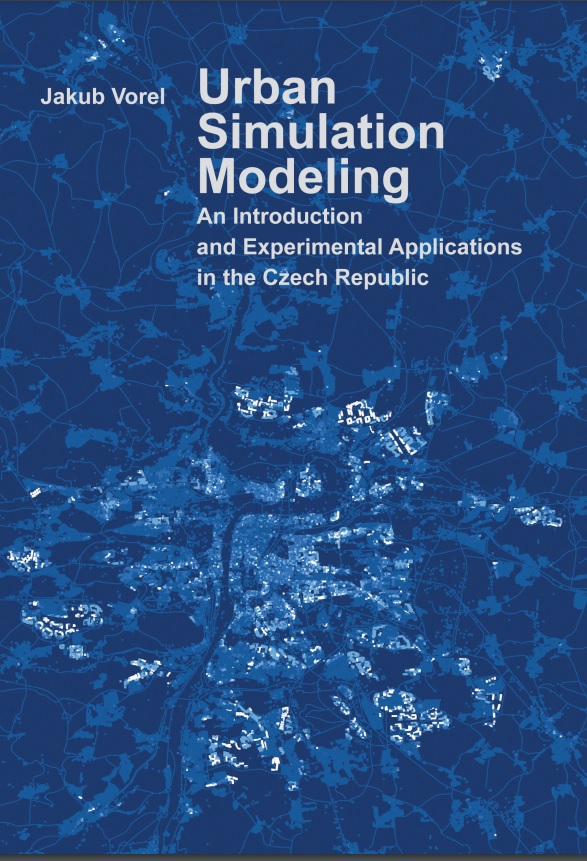 |
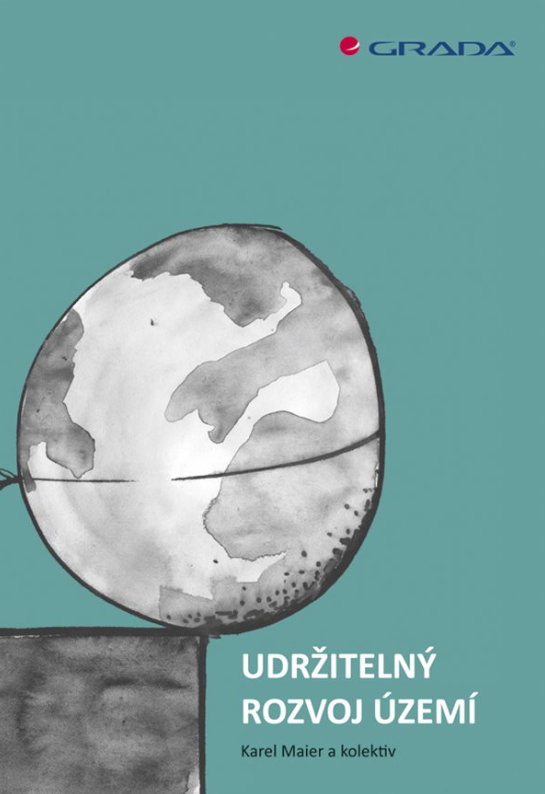 |
Selected research
Valuation models of public goods for spatial planning (TAČR)
Development capacity of municipalities and regions (TAČR)
Simulation models for assessment of spatial development of cities (GAČR)
Aplikace multi-agentního modelu MATSim pro simulaci dopravních opatření v ORP Ústí nad Labem (OP VVV)
National Competence Center - Cybernetics and Artificial Intelligence (TAČR: National Competence Centre - Cybernetics and Artificial Intelligence)
The Impact of the projects that are based on the needs of the territory (TAČR)
Standards of public infrastructure accessibility (TAČR)
The tools for reducing the personal-transport-related energy consumption of smart cities (TAČR)
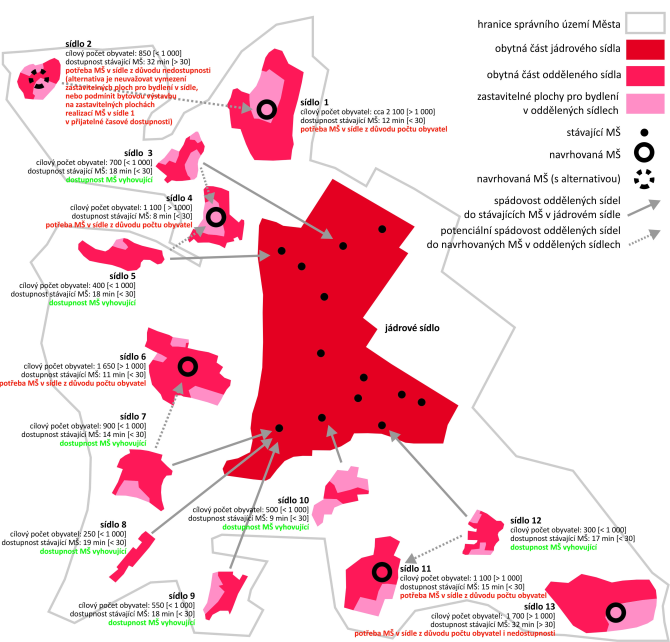
PhD Conferences:
Mě100: economic aspects of territorial development
People-City.Transport: sustainable urban mobility
Student Competitions
Urban Design Award: international competition for the best urban design project
Planning Practice
